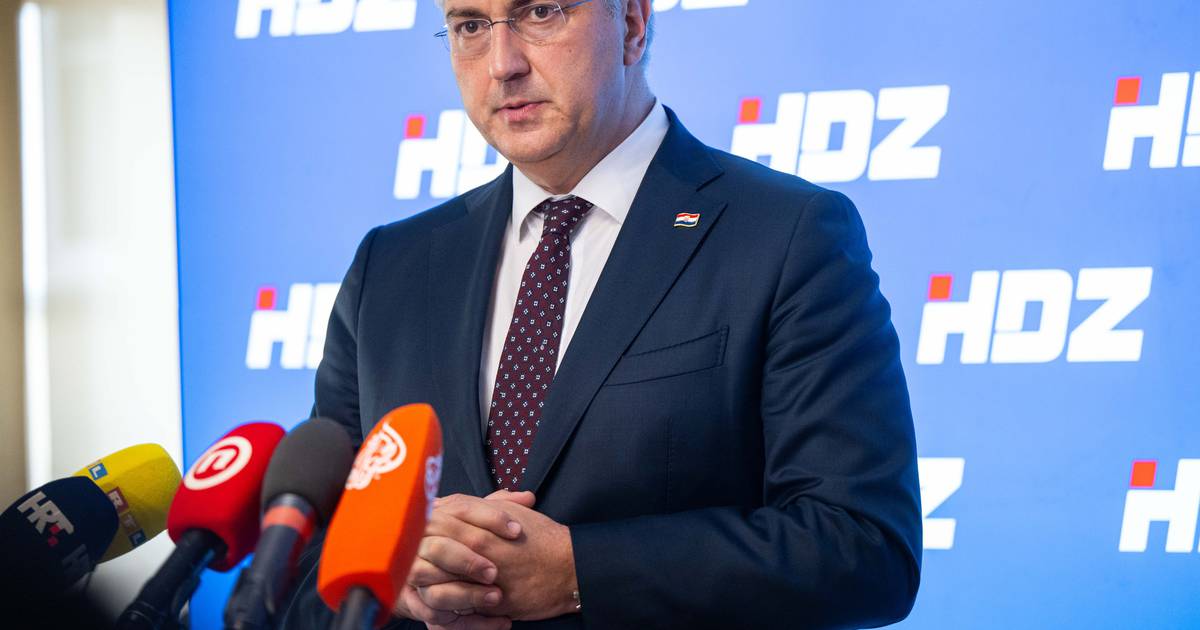The Chinese Commerce Ministry has filed a complaint with the World Trade Organization against the United States over what it perceives as discriminatory requirements for electric vehicle subsidies. The complaint comes in response to a new U.S. rule that went into effect on January 1, which states that electric car buyers are not eligible for tax credits if critical minerals or other battery components were made by Chinese, Russian, North Korean, or Iranian companies. These tax credits are part of President Joe Biden’s 2022 Inflation Reduction Act, aimed at addressing climate change.
China is a dominant player in the battery market for electric vehicles and has a rapidly expanding auto industry that could challenge established carmakers globally. The European Union has also expressed concerns about Chinese subsidies for electric vehicles. Under the new U.S. rule, only 13 out of over 50 EV models on sale in the U.S. were eligible for tax credits, prompting automakers to source eligible parts to qualify for the credits.
The real-world impact of the case is uncertain, given that if the United States were to lose and appeal the ruling, China’s case would likely not progress due to the WTO’s Appellate Body not functioning since late 2019. Member countries of the WTO can file complaints about the trade practices of other members and seek relief through a dispute settlement process. The Chinese Commerce Ministry did not specify what prompted the complaint but expressed concerns that the U.S. has implemented discriminatory subsidy policies for new energy vehicles under the act. The Ministry believes that these policies exclude Chinese products, distort fair competition, and disrupt the global supply chain for new energy vehicles.
In conclusion, China’s complaint against the United States over discriminatory requirements for electric vehicle subsidies highlights ongoing tensions between two major global powers in their efforts to address climate change while promoting economic growth in their respective industries


